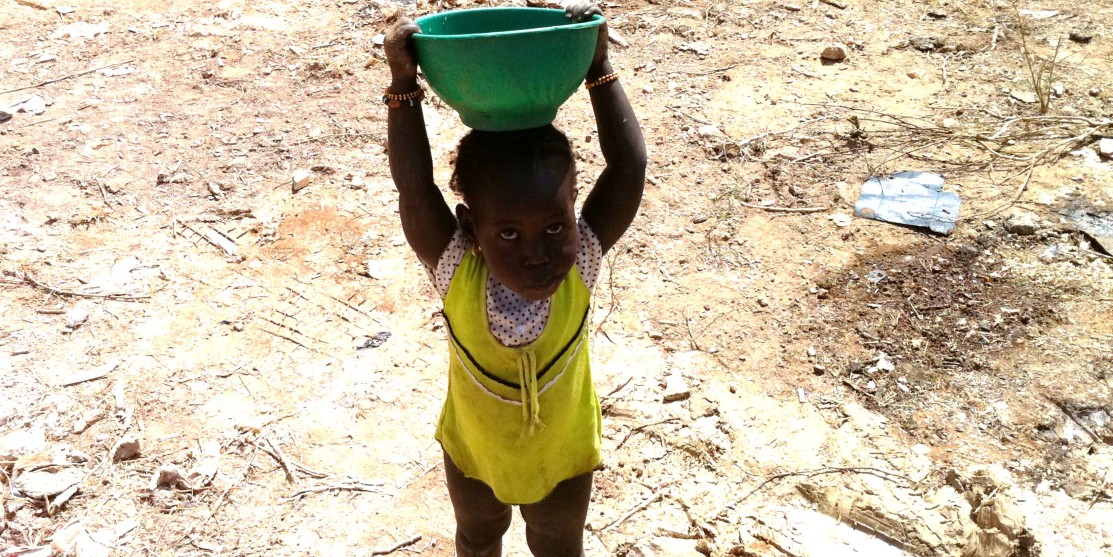
How education plays a role in women’s empowerment
The fight for women’s rights and gender equality has made significant progress in many parts of the world over the past several centuries. Many millions of women have gained political rights, have been able to take on leadership roles in government and business, and have been able to enjoy the freedom and autonomy to live their lives as they see fit.
But the struggle is far from finished.
- Women are still under-represented in leadership roles even in countries where women’s rights are most protected. Only 23.1 percent of representatives in national parliaments worldwide are women, while women make up just 13 percent of the world’s agricultural land-holders.
- In many other countries, discriminatory laws and social practices prevent women from achieving their potential. Nearly 40 countries around the world do not have equal inheritance rights for sons and daughters, and 19 countries allow a husband to prevent his wife from working. Meanwhile, 750 girls and women worldwide were married prior to the age of 18.
- And physical and sexual violence against women remains frighteningly common and universal, affecting more than 25 percent of all women.
The task of empowering women and ensuring true equality requires a society-wide effort and investment. One of the most important investments we can make is providing a thorough, quality education to all girls and young women.
The United Nations estimates that 960 million adults worldwide are illiterate – and two out of every three illiterate adults are women. An estimated 129 million school-age girls are currently not attending school, with the majority being of secondary school-age. On a percentage basis, fewer girls worldwide complete each level of education, compared to boys.
The skills and knowledge provided by an education unlocks doors for women, creates a path for women who wish to be leaders and entrepreneurs, and provides important life skills to help navigate the world. Studies demonstrate that better-educated women:
- Are better-informed about nutrition and healthcare.
- Have fewer children, who are typically healthier.
- Marry at a later age.
- Are more likely to be a part of the formal labor market
- Earn higher incomes.
By improving educational outcomes and ensuring that all girls and women have the opportunity to complete their education, we can create impacts that lift individual women, benefit women as a group, and enrich society as a whole.
Embrace Relief is investing in women’s education
At Embrace Relief, we’re committed to educating girls and women in under-served countries and providing them with the opportunity to pursue a brighter future.
That’s why we have launched our “Reach. Inspire. Support. Educate.” (R.I.S.E.) program, where we are training the next generation of teachers and administrators to be the foundation for improved education in Tanzania.
Through Embrace Relief’s R.I.S.E. program, we and our local partners are providing financial support to 24 women in Tanzania in order to help them achieve a two-year degree in Education Management and Administration (DEMA) and School Inspection (DSI). These degrees will empower the graduates with the knowledge and skills they need to break through into a male-dominated field of work, while ultimately working towards the improvement of Tanzania’s educational system for all students.
This is a life-changing opportunity for these women, and we plan to provide more assistance for even more women in the future. But we need your help.
Each donation to Embrace Relief’s R.I.S.E. program will go directly to pay for students’ tuition, health insurance, books, transportation and meals. Every $100 donated to this program can empower one more woman to unleash her potential, making her life – and the world – better for it.





















